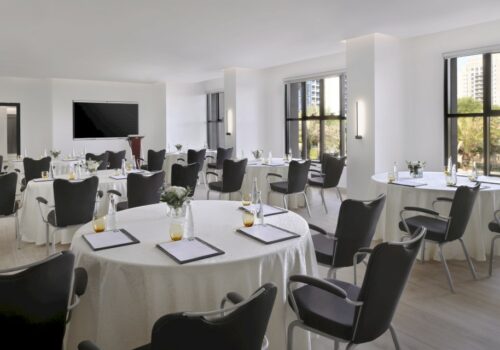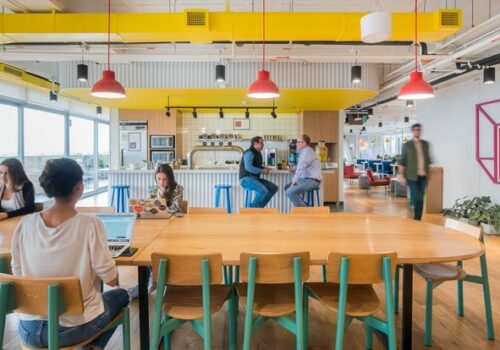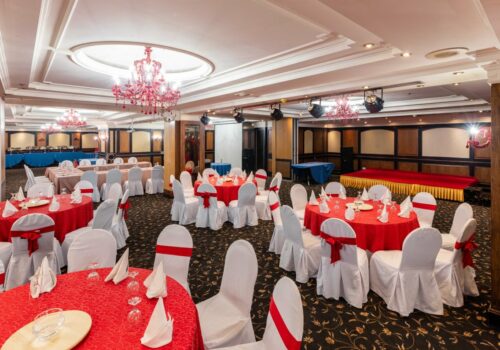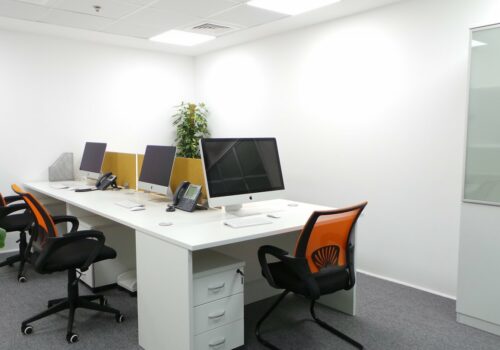Flexible Workspace Users vs Conventional Workspace Users
Conventional workplace is fixed, whereas a flexible workspace is versatile.

The workplace is where you go to work. Mostly, workplaces are fixed physical locations like office sites, buildings, universities, colleges, schools, and hospitals where employees gather to work under the same roof. Moreover, the workplace is where the organization is building its corporate culture. And all functions of the organization reside and are put into operation.
Modern & Flexible Workspace
In contrast, the workspace is the modern equal of a workstation. A user can enter the workspace while traveling, working from home, or in a flexible workplace without permanent desk assignments. For instance, one day you could be sitting at your office (workspace 1), then next you might be in the meeting room (workspace 2) all day going over sales and operations planning. Then while you’re on the road, you would go to a Flexi desk or coworking space (workspace 3) in a business hub to get some last-minute work out of the way before you travel back to the home city.
Enhance Your Workspaces
By enhancing and improving the workspace, organizations can affect change at the core of where work happens. That versatility allows you to embed organizational culture traits like mobility and flexibility. As an employer or employee, keeping abreast of change is paramount.

As work becomes more flexible and communication is more mobile. The office is turning into an increasingly intricate and even intangible concept. Thinking about the future, we have to ask: Will the workplace be on-site at our employer’s property or on-demand at a collaborative space?
The answer to the above questions is: ‘YES’
Flexible workspace offers users benefits like open, collaborative co-working spaces, complete with on-site amenities and frequent networking opportunities to inspire collaboration, innovation, and creativity.
Conventional workspace users would tend to have like-minded people, and team spirit. However, all work under a single umbrella and for one organization, so yes there will be brainstorming sessions and team events but no benefits like networking or the ability to work flexibly.
The ability to work in a flexible workspace is based mainly on the job role you have. Not a personal preference, as there are some jobs to date which need to be worked on-site and have to be done in a similar manner.
What Benefits Does A Flexible Workspace Offer?
The flexible workspace also has some benefits for a new business as well. A few of them are:

- Greater working flexibility,
- Expanding professional networks,
- Improved business opportunities
- Higher levels of energy
- Engaged workforce,
- Reduced real estate costs and
- Higher employee productivity is a critical and tangible business benefit associated with flexible workspace.
Looking For a Flexible Workspace in Dubai?
If you are looking for a flexible workspace in Dubai, we have all of them. Quiet or Full of noise, Views or without views, Big or Small, Amenities or not, with your daily fuel of unlimited coffee, water, and tea. All you need to do is go online and start browsing through the hundreds of options available on fluidmeet. You can request a call-back directly from the venue host for monthly workspace use. Or you can book directly online for a space for a few hours or a day.




